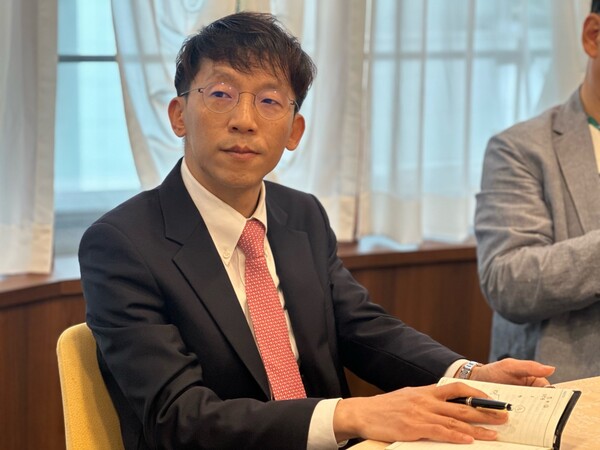
The Ministry of Health and Welfare expressed an intention to advance the discussion to increase the medical school enrollment quota with the Korean Medical Association at the Medical Affairs Council, a consultative body on medical issues.
Song Yang-soo, director of the ministry’s Medical Personnel Policy Division, said so meeting with reporters on Thursday.
Although the ministry included medical personnel-related steps in its essential healthcare support policy announced in January, it could not specify detailed measures, Song said, adding that future discussion is more important.
“The government offered three things as essential healthcare support policy – community-centered essential healthcare, medical fees related to public healthcare, and medical personnel,” he said. “However, it failed to include specific content but stopped at presenting a direction.”
Song acknowledged that it is not easy to comment on detailed methods even now but stressed that the ministry would refine and prepare specific steps by continuing to communicate with the medical community.
“We are discussing the matter by opening up all possibilities (in the case of the medical school enrollment quota expansion),” he said. “Please keep paying attention to this issue, as we are also discussing it at the Medical Affairs Council.”
The ministry will deal with the readjustment of the medical resident ratio between the Seoul metro region and the rest of the country from the current 6-4 to 5-5 at a committee to evaluate the training environment, Song said.
“We are preparing to implement the readjusted allocation of trainee doctors next year and discuss the matter with the committee and the association of medical residents,” he said. “As we usually allocate medical residents in November, we will prepare for it step by step.”
Song reiterated his intention to do his best to resolve the student quota increase issue and fair and balanced allocation of trainee doctors. He added that there are various opinions on these issues, requiring sufficient discussion.
“Policy on trainee doctors has become one of the most important issues facing the ministry,” he said. “Still, there are many requests and calls for support regarding medical residents. We will go all out to make complete and substantive policies.”

